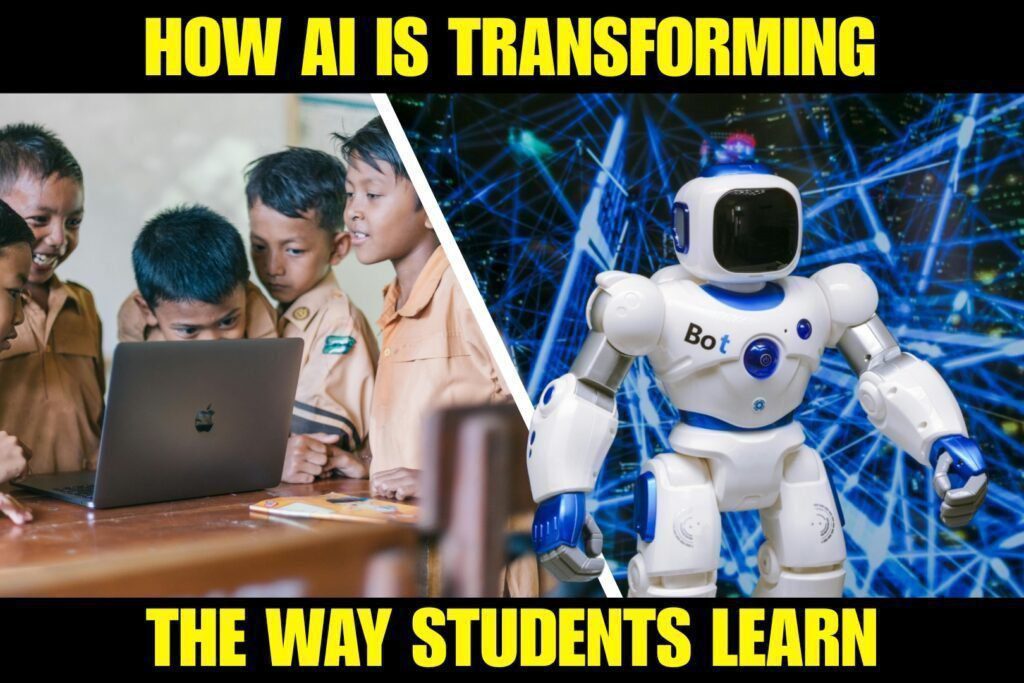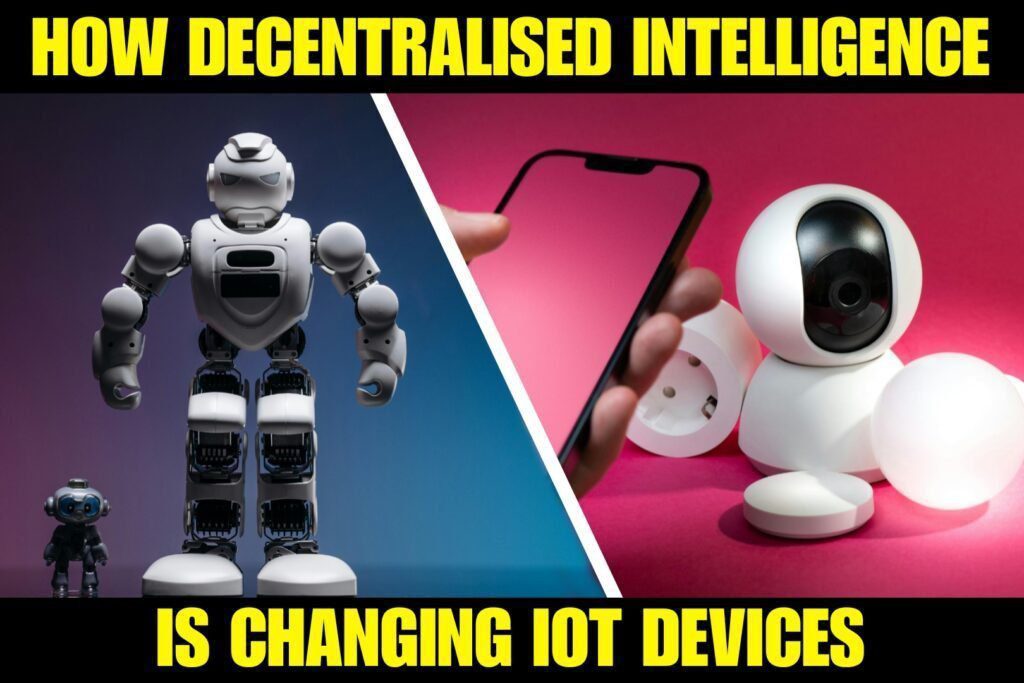In the past, career counseling often came as a 15-minute guidance session in a crowded school office during your final year. It was based on generalized aptitude tests, local job market assumptions, and limited personal attention. In 2025, that model is rapidly becoming obsolete.
Thanks to AI-powered career counseling, students as young as 13 are receiving hyper-personalized, real-time job guidance—tailored to their interests, academic strengths, emerging job markets, and even their behavior patterns. These tools are transforming passive learners into strategic career architects before they even leave school.
This article explores how AI is revolutionizing career guidance, the platforms leading the charge, real-world examples, potential risks, and how students—and parents—can leverage this technology for smarter futures.
What Is AI-Powered Career Counseling?
AI-powered career counseling combines machine learning, natural language processing, and behavioral analytics to offer real-time career recommendations to students. Unlike traditional counselors, AI tools:
- Analyze academic performance, personality, and extracurriculars
- Monitor real-time job market trends and future industry forecasts
- Deliver adaptive career suggestions based on new inputs
- Recommend courses, certifications, mentors, or internships
- Offer interactive chatbots and voice interfaces to simulate a counseling session
- Track evolving student interests through learning platforms or behavioral patterns
In essence, these systems serve as always-available digital guidance counselors, helping students align their learning paths with the future of work.
Why It Matters Now More Than Ever
In 2025, the global job landscape is shifting faster than school systems can keep up:
- 85% of the jobs that today’s K-12 students will do in 2035 haven’t been invented yet
- Automation and AI are replacing some roles but creating others
- Freelancing, creator economy, and gig work now represent over 40% of youth employment in some regions
- Students need to build adaptable, modular skills, not just degrees
Traditional career guidance models—often based on outdated metrics—no longer serve the needs of Gen Z and Gen Alpha. AI guidance does.
How AI Career Guidance Tools Work
- Data Collection & Profiling
- Academic transcripts
- Standardized test results
- Behavioral analytics (time spent on tasks, curiosity, communication style)
- Interests from learning platforms, like Khan Academy, Coursera, or Duolingo
- Optional psychometric or personality assessments (e.g., MBTI, Big Five)
- Real-Time Job Market Mapping
- APIs connected to global labor databases (LinkedIn, Indeed, government portals)
- Forecasting tools that project skills demand 5–10 years into the future
- Salary expectations, demand curves, and geographic viability
- AI Matching & Feedback Loops
- AI matches users to career clusters, job archetypes, or freelancer profiles
- Generates a recommended roadmap: courses, mentors, internships, side projects
- Learner updates profile and receives refined guidance over time
Top AI-Powered Career Counseling Platforms in 2025
🧠 Univariety AI Advisor
Used in over 12,000 Indian and Southeast Asian schools. Combines psychometric tests, skill-gap analysis, and real-time job data. Offers career simulation paths—e.g., what it takes to be a Data Anthropologist or Climate AI Engineer.
🎯 YouScience Brightpath (youscience.com)
Integrates brain-based performance with emerging job clusters. Popular in U.S. high schools and community colleges. Shows how natural aptitudes match to future roles, not just current interests.
🤖 CareerScopeAI (Beta GPT-4 based)
ChatGPT-based platform that creates dynamic job profiles for students. Allows students to ask questions like:
“If I like video games, science, and climate change, what job might suit me in 2030?”
Also provides:
- Portfolio roadmap
- Certification suggestions
- Daily practice tasks for skill development
🌍 SkillsBuild by IBM + UNESCO
Offers career guidance and free courses in future-ready domains (AI, Cybersecurity, Data Science) for underserved students. Uses AI to track learner progress and recommend career pivots.
Real-World Impact: Stories from the Field
🏫 India – STEM Shift in Tier-2 Schools
At a government school in Lucknow, students using Univariety shifted from rote preparation for government jobs to targeted skilling for AI design, solar engineering, and ethical hacking. 22 students now intern remotely with global startups.
🧪 Kenya – Girls in Biotech
A Nairobi school implemented CareerScopeAI with personalized prompts. One student discovered a path to agro-biotech innovation, combining her love of biology and farming. She’s now in an online mentorship with Bayer’s Africa program.
🎮 Brazil – Creator Economy Awareness
Using Brightpath and YouTube analytics, a 16-year-old aspiring gamer learned how to become a sound engineer for AR games, after seeing his skillset better matched behind-the-scenes roles.
What Parents & Educators Need to Know
✅ Benefits:
- Students make better-aligned choices earlier
- Reduces the stress of choosing a major blindly
- Encourages exploration across disciplines
- Builds long-term skill portfolios, not just marksheets
- Students are more engaged, knowing the “why” behind what they’re learning
⚠️ Risks:
- Over-reliance on algorithmic suggestions without human context
- Privacy concerns around student profiling
- Risk of algorithmic bias in gender, race, or economic status
- Students may be nudged toward “safe” careers instead of passion-driven exploration
🛡️ Solution: Use AI tools as supplements, not substitutes. Parental involvement + teacher guidance is still key.
How to Introduce AI Career Guidance to Your Child
- Start with Curiosity
Ask: “What’s something you love doing—even if there were no grades?” - Use Open AI Tools Together
Platforms like ChatGPT, YouScience, or [CareerScopeAI] can help explore. - Encourage Side Projects
Building a personal website, contributing to a cause, starting a small e-commerce store—all help the AI model understand real interests. - Track Their Learning
Sync AI career platforms with Coursera, Khan Academy, or edX to see evolving strengths. - Focus on Soft + Hard Skills
Promote teamwork, creativity, resilience, and leadership alongside Python or Excel.
The Future of Career Counseling
By 2030, experts predict:
- AI career guidance embedded into national curriculums
- Voice-based guidance bots accessible via smartphones in rural areas
- Blockchain-based dynamic skill transcripts instead of rigid report cards
- Neuroprofiling integrations for students with ADHD or learning differences
- Peer-to-peer mentorship ecosystems powered by AI matching
AI won’t just suggest jobs—it’ll help students create new roles that don’t even exist yet.
Final Takeaway
AI-powered career counseling is not about turning kids into robots who chase job graphs. It’s about giving them the tools, insights, and guidance to make informed, confident, and creative choices—early.
In a world where the job market evolves by the month, students must evolve too. With the right AI tools, mentorship, and parental awareness, they can shape not just their careers—but the careers of the future.
Because in 2025, students aren’t just preparing for the world—they’re helping design it.


